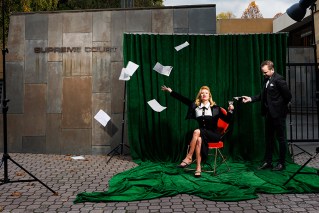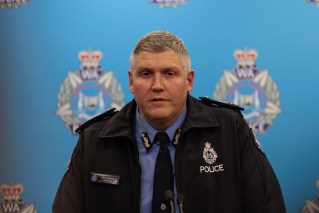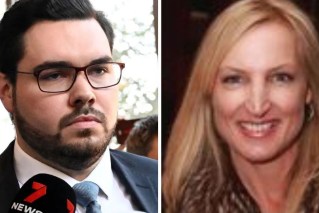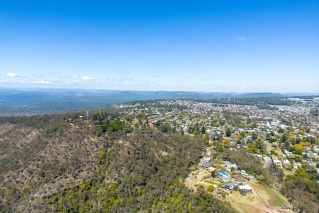Australia’s gold standard gun control laws are ‘in trouble’, advocates say

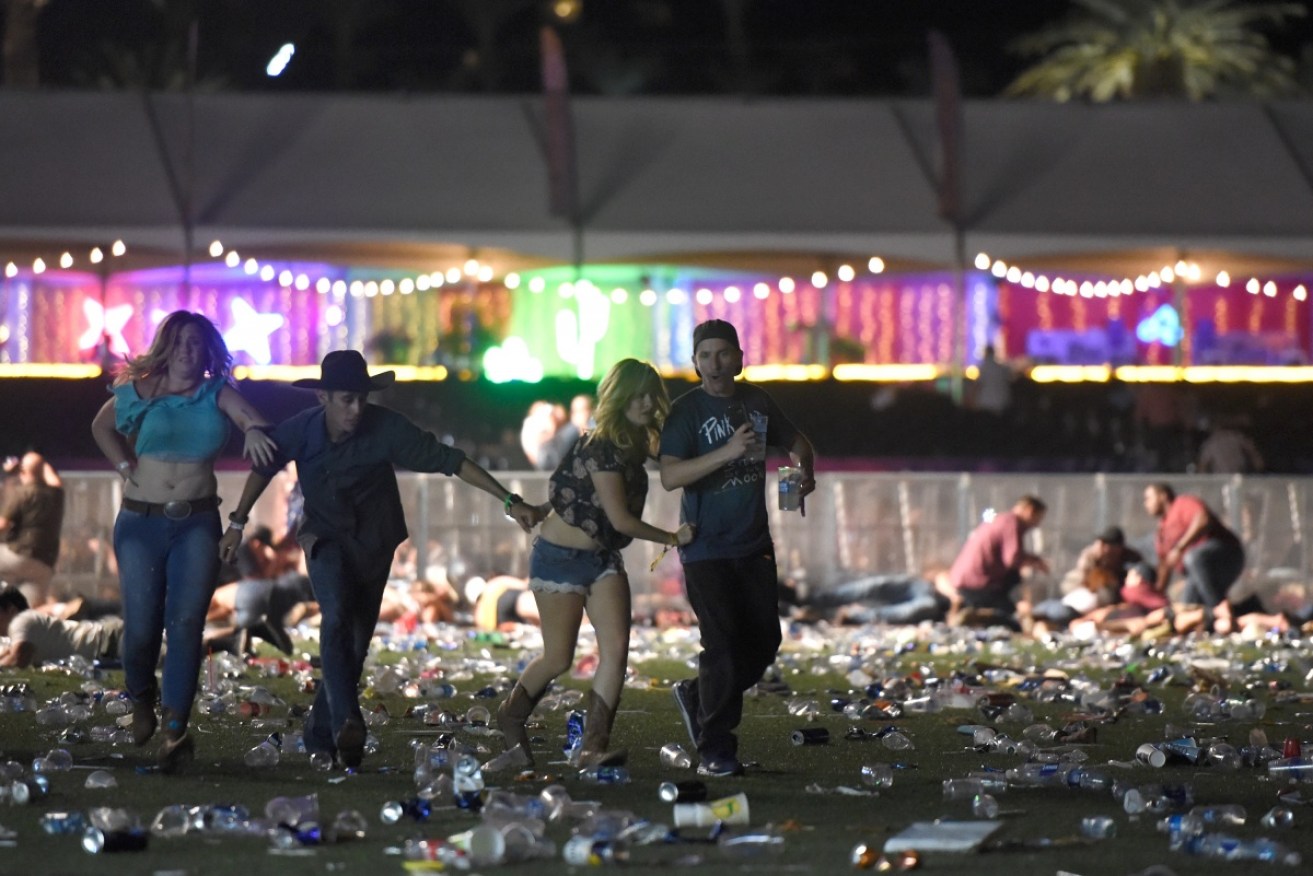
America's gun control advocates have looked to Australia for answers. Photo: Getty
As Americans woke up to news of one of the deadliest mass shootings in the country’s history on Tuesday, for many, shock and grief quickly turned to anger.
With it came a sentiment that has become increasingly common with each tragedy, one perhaps best expressed by the American musician John Legend.
“I post something about Australia every time,” Legend told his 10.5 million followers on Twitter. “But this is for those who say gun control doesn’t work.”
If you ask envious US gun control advocates, there is one stat that does not lie.
After the Port Arthur massacre in which 35 people were killed by a gunman with a semi-automatic weapon in 1996, Australia’s gun laws were overhauled by the Howard government.
The country has not suffered a mass shooting since.
What are Australia’s laws?
Prime Minister Malcolm Turnbull says gun laws will be discussed at a meeting with state and territories this week.
“We must constantly improve our laws and our techniques to stay ahead of those who seek to do us harm,” he said on Tuesday.
So are Australia’s gun control laws truly the gold standard or is there more work to be done?
According to local gun advocates, the answer is complicated.
Mr Howard’s reforms forced states and territories to register guns and ban automatic and semi-automatic weapons.

John Howard toughened gun laws following the deadly Port Arthur massacre. Photo: AAP
The government also implemented a controversial buyback scheme, in which more than 650,000 firearms were destroyed.
Firearm owners also now need to have a “genuine reason” to have a gun, such as for hunting or farming.
Yet according to local gun control advocates, there are signs the laws are being slowly eroded, state by state.
The problem is, it is hard to know without a national audit of the country’s gun laws, Gun Control Australia spokeswoman Samantha Lee told The New Daily.
The lobby group has embarked on its own audit, by renowned gun control advocate Philip Alpers, which is likely to be released by the end of the year.
Because firearm laws are technically administered by the states and territories, the audit compares those government’s laws and compliance with Mr Howard’s 1996 National Firearm Agreement.
“We think they (gun laws) are in trouble and the initial draft seems to reflect that,” Ms Lee said.
“One example is criminal record checks. After the Port Arthur massacre, what was introduced is that persons who apply for a gun license have to wait 28 days for police to undertake checks of applicants to make sure they don’t have a criminal record or a mental health history.”
She said that some states had been keen to chip away at that regulation beginning with New South Wales.
“(Now), if you want an additional hunting rifle, you no longer have to go through a criminal record check.”
Ms Lee also points to the fact that the country’s national arsenal of guns is now larger than it was before the Port Arthur massacre. Importantly, the population has increased by five million in that time.
“I think everyone thought they (the laws) were set in stone but they’re not.”
Meanwhile, more than 26,000 guns were surrendered to authorities in Australia’s second national firearms amnesty, which ran from July 1 to September 30.
The amnesty allows people to hand in guns to police with “no questions asked” in order to combat what authorities believe is a growing black market of weaponry.
The New Daily contacted the Sporting Shooters’ Association of Australia and the Shooters Union of Australia for comment.



